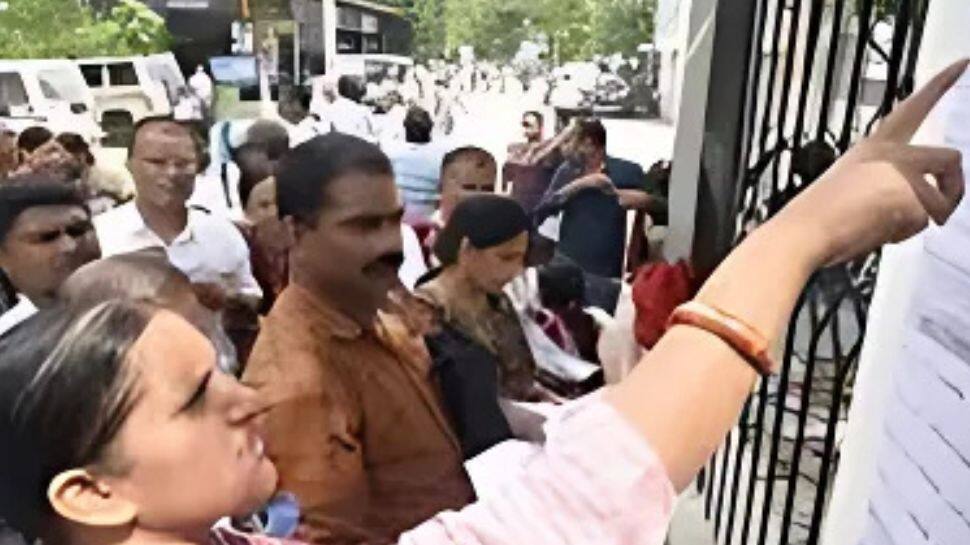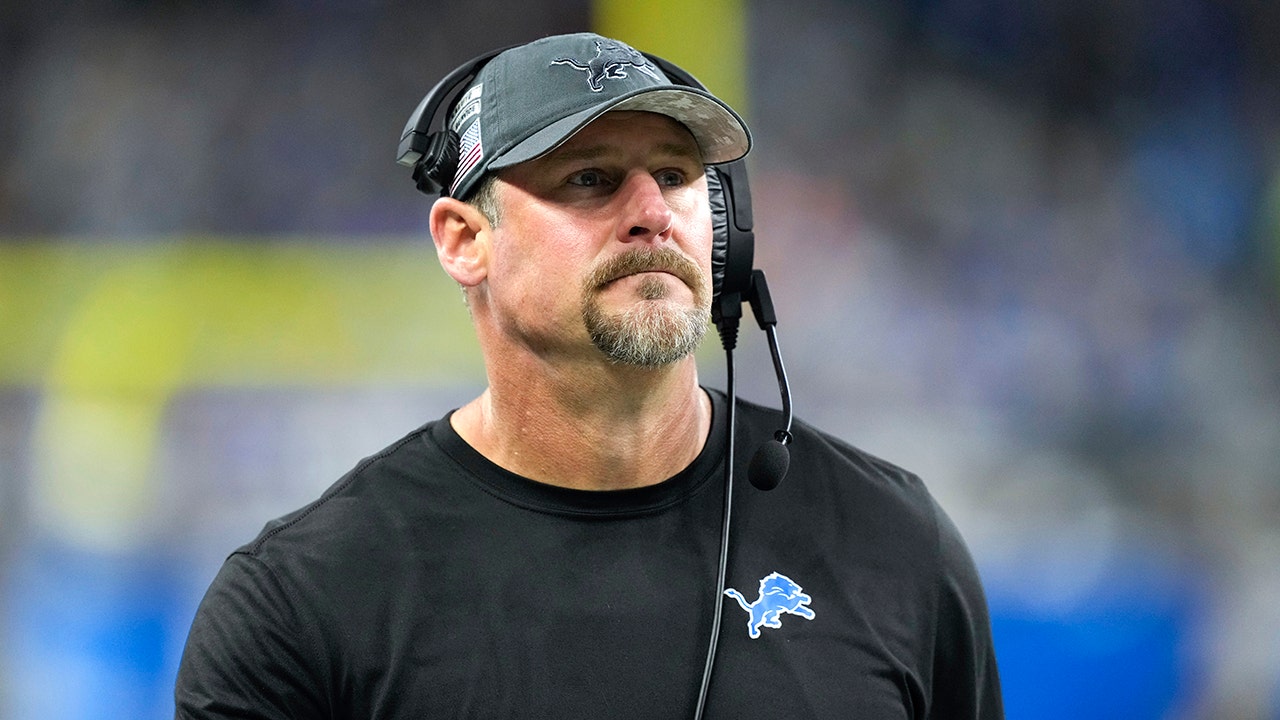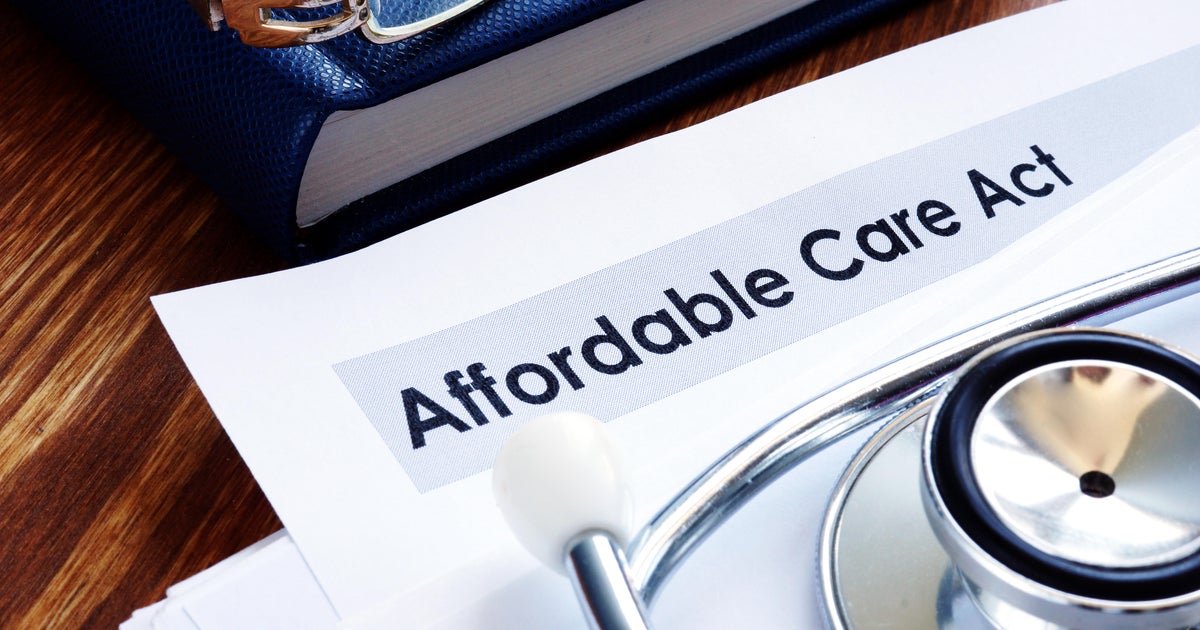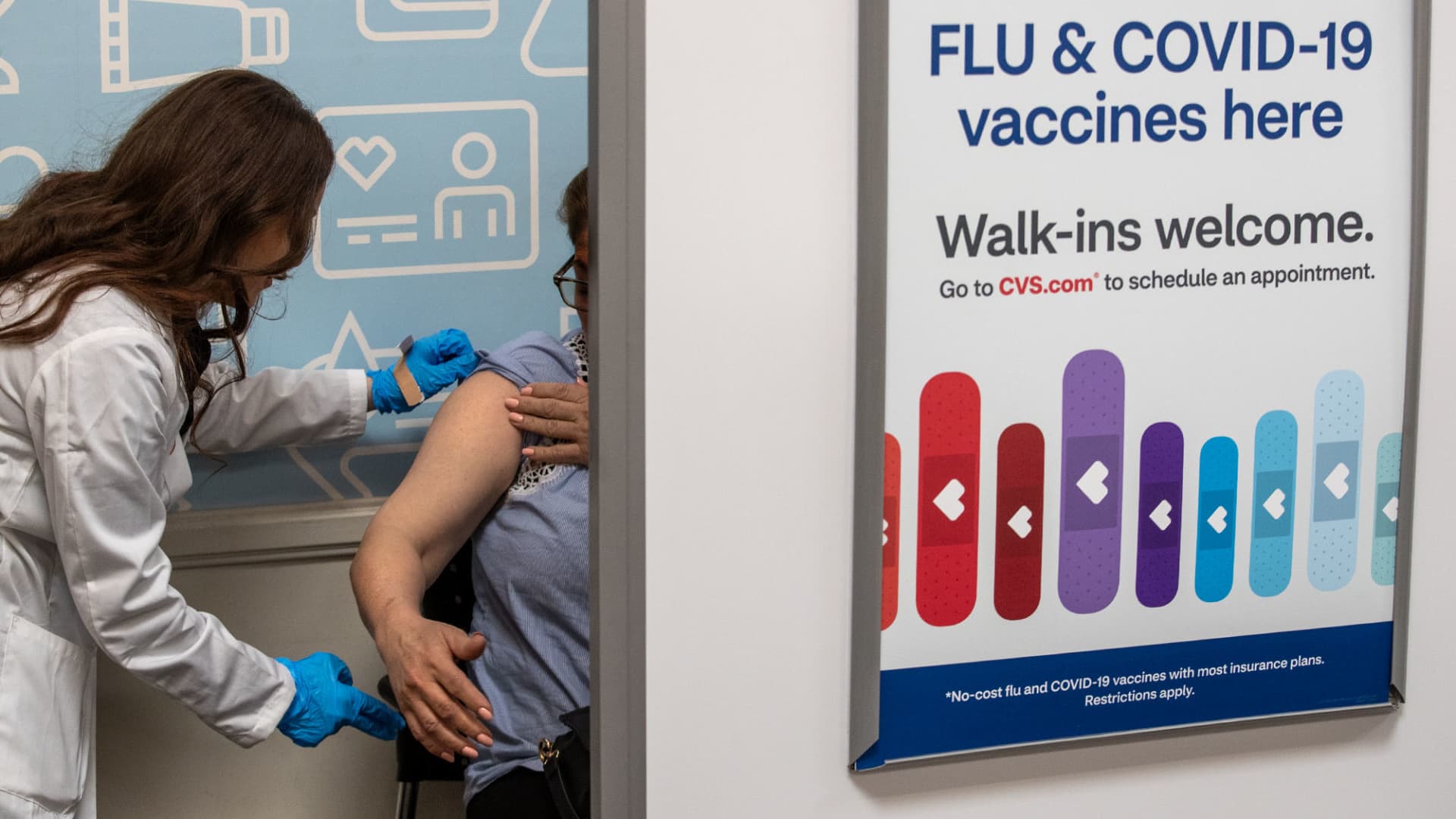Pharmacist Ani Martirosyan administers an immunization to a patient at a CVS on Tuesday, Sept. 12, 2023 in Glendale, CA.
Brian Van Der Brug | Los Angeles Times | Getty Images
For the first time ever, vaccines for Covid, the flu and respiratory syncytial virus are available in the U.S.
Public health officials are urging eligible Americans to take all three shots so the nation can avoid another “tripledemic” of Covid, flu and RSV, which inundated hospitals last fall and winter. But the fact that some people can now receive three shots has raised questions about whether they should take the jabs all at once or space them out.
Most people only need to consider whether they should get an updated Pfizer or Moderna Covid shot and a flu vaccine at the same time, since both are broadly available to all Americans. Public health officials, physicians and recent research show that taking them during the same visit to the doctor or pharmacy is perfectly safe and effective.
Meanwhile, the roughly 76.5 million adults ages 60 and older are eligible for a new RSV vaccine from Pfizer or GSK, which means they have to juggle all three shots this fall. A maternal vaccine from Pfizer protects infants against RSV, but that shot isn’t available just yet.
Health experts told CNBC that they don’t expect any issues with taking all three shots at once.
Still, other experts note that there is little research on administering an RSV shot with another vaccine, or on giving all three shots together. People can choose to take the RSV jab if they’re more comfortable with that, and do the other two at another time.
The choice is ultimately up to the individual and what they believe is most ideal for them, and they should feel free to consult their doctors if they’re unsure, health experts said.
“There hasn’t been any evidence that there is any risk of getting all three at the same time,” Dr. Ali Alhassani, a physician at Boston Children’s Hospital, told CNBC. He noted that administering multiple vaccines isn’t unusual since children often receive up to five routine immunizations at once.
Similarly, Dr. Andrew Pekosz, a professor at the Johns Hopkins Bloomberg School of Public Health, said he doesn’t “want people to think there will be any problems with taking them together because there probably isn’t.”
But he also noted that “without data, I don’t want to go completely over the top and give a really firm recommendation that everyone should get all three at the same time.”
The benefits of taking Covid, flu, RSV shots together
Taking all three shots simultaneously could be ideal for people who may not have the time to make the multiple trips. “By far the biggest benefit of getting all three together is convenience,” Alhassani said.
Some research even shows that many people don’t come back when they have to take a second shot, according to Johns Hopkins’ Pekosz.
For example, the Centers for Disease Control and Prevention recommends two to three doses of an HPV vaccine for certain Americans. But studies have shown that uptake of HPV shots declines between the first and subsequent doses.
The U.S. encountered a similar issue during the first Covid vaccine rollout in 2020 and 2021. Many Americans missed their second primary series dose.
“It’s clear that if people have to go back to the pharmacy on two different occasions, there’s always an attrition rate,” Pekosz told CNBC. “So, it’s better to get them in your arm during the same visit rather than not getting the second one because you get too busy to go back.”
Pharmacies allow Americans to schedule multiple vaccine appointments in one visit. For instance, Kroger‘s online scheduling tool allows eligible people to select up to three vaccines to take at once.
People who use that tool and help from Kroger’s clinicians, pharmacists and physician assistants to determine which vaccines are appropriate for them and whether they should take them at the same time, Dr. Marc Watkins, Kroger Health’s chief medical officer, told CNBC.
What to do if you want to space vaccines out
Some people may prefer to wait for data to come out before they take all three shots together. Others may also choose to take the vaccines separately for their physical comfort, according to Alhassani from Boston Children’s Hospital.
One of the most common side effects of getting a vaccine is inflammation or soreness at the injection site, he noted. That’s why people who need to take two shots during the same doctor’s visit usually get one in each arm.
But Alhassani said some people may not want to feel the discomfort of getting three shots at the same time, either in one arm or two. That’s especially the case for people who usually engage in activities that require them to move their arms a lot.
“If you play sports and have a big game coming up or you’re a teacher who writes a lot on the chalkboard or white board, you use your shoulders and arms a lot,” he said. “So for practical reasons, you might want to say, ‘OK, I only want my left shoulder to be sore today and again next week rather than having it very sore today.'”
If people do choose to take the three shots separately, they should get their updated Covid vaccine as soon as possible, their RSV shot soon after and their flu jab last, according to Pekosz.
He specifically recommended taking them one week apart from each other, saying that with “more space between them, the more likely people aren’t going back.”
Pekosz based the order of the vaccines on how widely those respiratory viruses are currently spreading in the U.S.
The updated Covid shot should be the No. 1 priority because the virus is already spreading at higher levels. Covid hospitalizations increased for the seventh straight week in the U.S., hitting 17,418 as of the week ended Aug. 26, according to the latest data from the CDC.
RSV cases also are starting to inch up. Last week, the CDC alerted doctors about an increase in RSV activity across some parts of the Southeast. Regional increases have usually predicted the beginning of RSV season nationally, the CDC wrote in an advisory notice.
Meanwhile, Pekosz said “we still aren’t really seeing any influenza yet.”
He noted that people can also take their Covid and flu shots at the same time and get their RSV vaccine a week later. “That way, we’re following all the science that’s out there supporting co-administration,” he told CNBC.














































